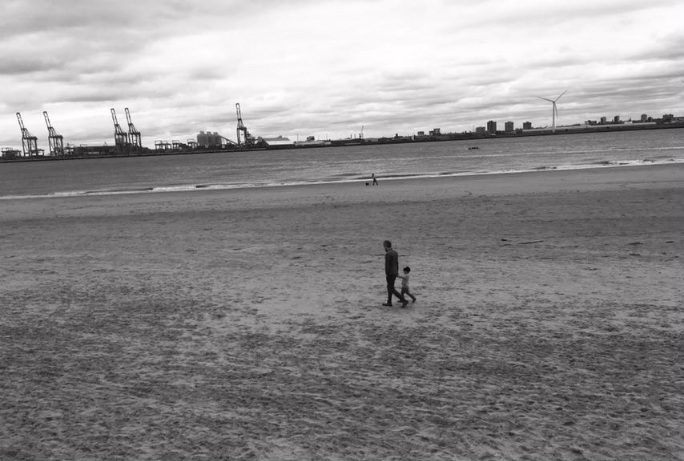Featured Research: Environmental Crisis and Ecophenomenological Praxis

By Rob Booth.
From August Rob will be Course Leader for Philosophy at Oldham Sixth Form College.
On Friday 8th June 2018, I emerged from my viva (more-or-less) unscathed to officially became a Doctor. My thesis is entitled ‘Environmental Crisis and Ecophenomenological Praxis’. In it, I grapple with the question of why significant advances in our scientific understanding of the emblematic ‘issues’ of the environmental crisis – anthropogenic climate change, aggressive deforestation, unsustainable fossil fuel consumption, industrial ocean acidification, and so on – have not translated into the wholescale attitudinal and behavioural changes to disrupt those ‘issues’ at root. In my thesis, I argue that part of the problem lies in the violence latent in the exclusionary and implicitly instrumentalist terms under which natural scientists subsume those phenomena, and that we, as environmental ethicists, inherit and subsequently perpetuate through the sorts of practical ‘solutions’ that we prescribe.
Given that, as Thomas Kuhn reminds us, when attempting to discern the world’s basic character, even the “scientist can have no recourse above or beyond what he sees with his eyes and instruments”, I argue that both natural science and environmental philosophy must take more seriously their multifaceted phenomenological situatedness. Moreover, I argue that there are important environmental benefits to doing so because of the richer and more diverse range of worldly phenomena thereby licenced, and because of the heightened sense of critical self-reflexivity about our theoretical contentions that renewed attention to the underpinning phenomenology demands. By pursuing ecophenomenological means of better addressing the world on its own rich terms, then, I aim to disrupt some of the pervasive violence which, I argue, provides the backdrop of the environmental crisis. My thesis also sustains engagement with contemporary (eco-)feminist theory and various strands of the New Realist school of metaphysics (speculative realism, object-oriented ontology, and new materialism). No wonder it took me three and a half years to write!
Matters arising from my thesis continue to keep me busy. Two chapters have been published in Environmental Philosophy and PhaenEx, respectively, and I am currently redrafting a third for publication. Along with Oliver Downing, I have also recently co-edited a collection on process metaphysics and the analytic/Continental divide which we hope to see in print by the end of the year. In terms of my next big project, I would really like to ‘put my money where my mouth is’ and engage collaboratively with working environmental scientists with a view to putting my theoretical contentions into practice ‘at the coal face’. I am currently sketching a research proposal to this effect.
My advice to current PhD students is simple: remember why you are here and enjoy it! On various occasions, I have both felt like a complete imposter and feared that I would never complete my thesis. Whilst, like for many others before me, determination and passion have seen me through, I perhaps just wish that I had spent less time worrying about reaching the destination and spent more time enjoying the journey, as they say.